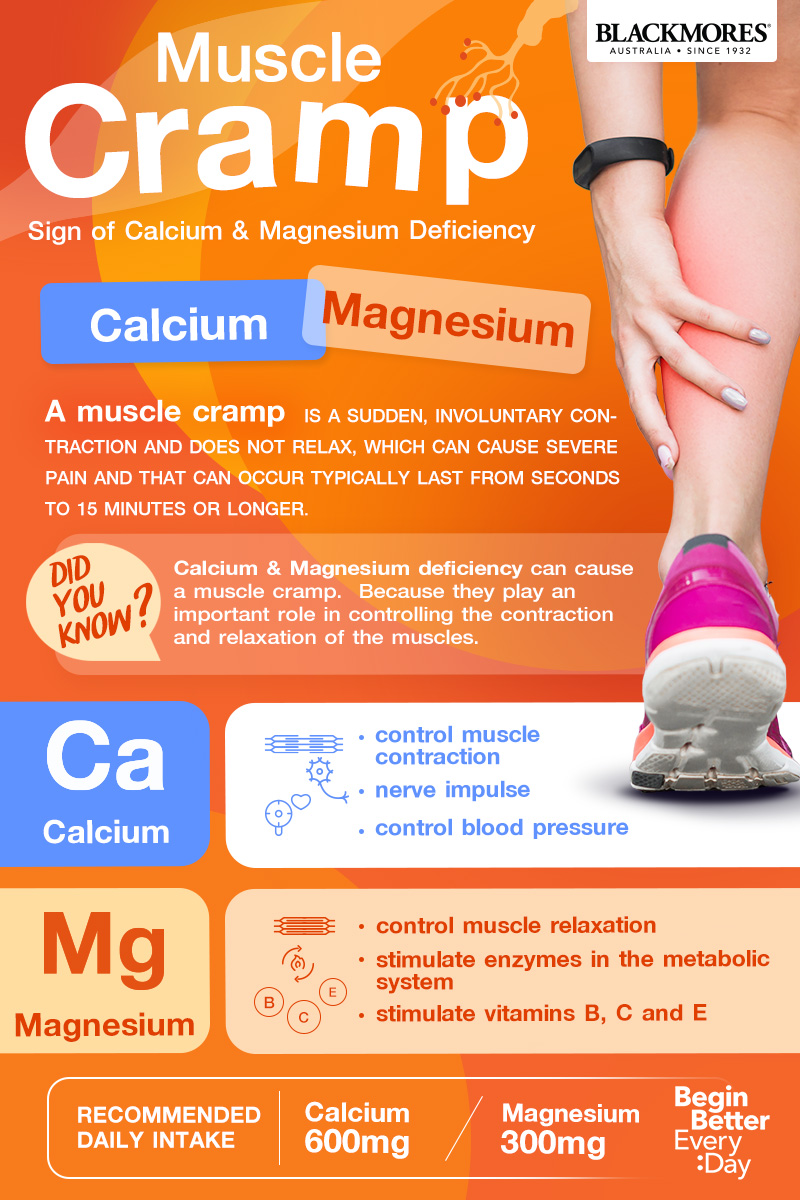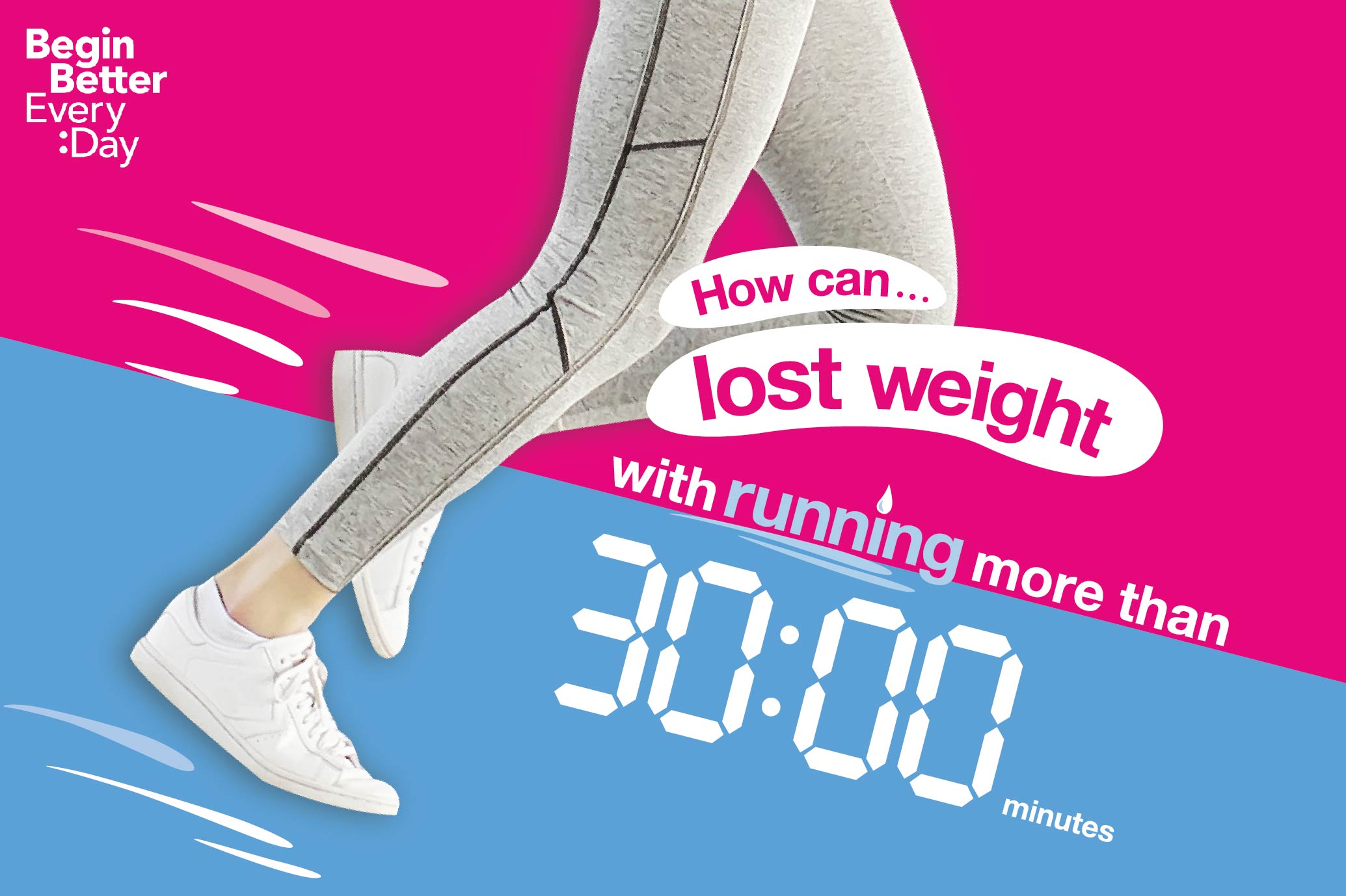Muscle cramps can occur at any time to anyone, are normal and can happen when you are mobile, sitting, exercising or sleeping. However, there are risk factors that can predispose us to muscle cramps.
What are cramps?
Muscle cramps, also known as muscle spasms, occur when your muscle involuntarily contracts and tightens uncontrollably and can’t relax. The most affected muscle groups are the calf, thigh and hamstrings.
Cramps that occur in the calves are known as “charley horses.” A leg cramp that happens at night when you’re at rest or asleep is called a “nocturnal leg cramp.” Muscle spasms range in intensity from mild, uncomfortable twitches to significant discomfort to intense, severe pain. The spastic muscle may feel harder than normal to the touch and may look visibly distorted. Spasms typically last from seconds to 15 minutes or longer, and may recur multiple times before completely stopping.
What can cause cramps?
Muscle spasms can occur at any time to anyone, are normal and can happen when you are mobile, sitting, exercising or sleeping. They are very common, especially in older adults and athletes. On most occasions, the exact cause is unknown, however some researchers suggest the causes to be:
Not enough stretching
Muscles are bundles of fibres that contract and expand to produce movement. Regular stretching lengthens muscle fibres so they can contract and tighten more effectively when you exercise.
Muscle fatigue
When your body is poorly conditioned, you are more likely to experience muscle fatigue, which can alter spinal neural reflex activity. Overexertion depletes a muscle's oxygen supply, leading to build up of waste product and spasm. When a cramp begins, the spinal cord stimulates the muscle to keep contracting.
Dehydration & depletion of electrolytes
Muscle tissue relies, in part, on a range of minerals, electrolytes and other chemicals to contract and relax. Some of these important substances include calcium, magnesium, potassium and sodium. Inadequate diet, dehydration, vomiting and diarrhoea are just some of the factors that are thought to disturb the body’s balance of minerals and electrolytes and make muscles more susceptible to cramping.
When it comes to athletes however, the evidence that dehydration and depletion of minerals causes cramps is not convincing. Numerous recent studies of athletes competing in endurance events have shown no difference in the hydration status of those experiencing cramps and who don’t.
Stress
Stress can cause pain, tightness or soreness in your muscles, as well as spasms of pain.
Nocturnal leg cramps (leg cramps at night)
Although nocturnal leg cramps generally pass after minutes, they are unpleasant and can disrupt sleep. Usually, the calves and feet are most affected. Nocturnal leg cramps are more prevalent in women and older adults, but anyone can experience them. They can last for as short as a few seconds, and usually do not last longer than 10 minutes. You may feel soreness or reduced strength in your legs the day after your cramps.
Possible causes for nocturnal leg cramps include:
• Sitting for long periods of time.
• Overusing the muscles.
• Standing for long periods of time.
• Sitting improperly.
Risk Factors for cramps
Those at greatest risk for cramps include infants and young children, and people over age 65. Muscle cramps are very common among endurance athletes, and older people who perform strenuous physical activities.
When an athlete’s body is not conditioned, for instance during pre season, then it’s more subject to fatigue. Cramps often develop near the end of intense or prolonged exercise, or 4 to 6 hours later. Older people are more susceptible to muscle cramps due to normal muscle loss that begins in the mid-40s and accelerates with inactivity. As you age, your muscles cannot work as hard or as quickly as they used to.
Other factors that put people at greater risk for muscle cramp include:
• Being ill or overweight
• Overexerting during work or exercise




















































